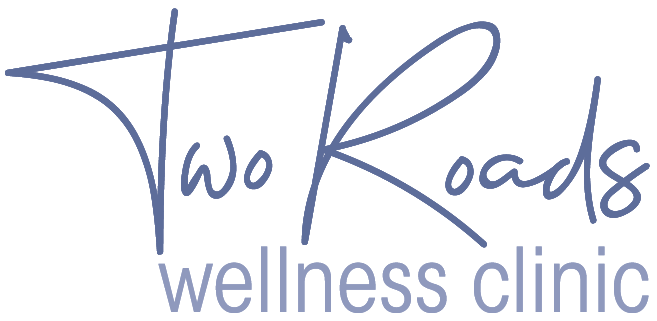Developing a Positive Mindset in Life
In my experience, negative responses are simply the easiest responses because they require neither intentional thought nor self-discipline.
This is not to say that humans are naturally mean, but that when offended or otherwise injured, the human mind is prone to direct us toward the fastest, most direct route to relief. In many cases, especially to the minds of children and teens, negative or aggressive responses are viewed as shows of strength toward a desired outcome in moments of stress, or accepted as simple expressions of emotion.
While natural, these responses generally increase stress and anxiety. If not corrected, we can grow up to be bitter, perpetually angry adults who might experience difficulty in building/maintaining healthy relationships with loved ones, friends, and even co-workers. We can have the expectation for everything to pan out the way we like but be unable to properly change courses when they don’t because our coping mechanisms have not been properly developed. In extreme cases, we even run the risk of unintentionally becoming bullies. None of these things are strong ways of living.
So, a good question is this: If so, little effort is needed to be negative or aggressive, how can either be considered strengths? Doesn’t repetitive use of a muscle increase its strength? Doesn’t the regular practicing of a routine commit it to mental and muscular memory? And once that routine is perfected and performed, it earns high praise as being a STRONG routine for the discipline it took to not only learn it, but to recall and perform it in its right time. It is the same with the mind. It also has to be trained. So, if we want our gut responses to be more positive and beneficial, we have to be intentional about building the mindset needed to pull it off.
Some things that help us train our minds to respond positively:
Practicing Gratitude: Write down the things that make you smile or laugh throughout the day and look for something in your circumstances that you can appreciate. We can even share them with someone to help brighten their day as well.
Practicing Empathy: There is always something more going on beneath the surface of what is in front of you. Think broader.
Practicing Intentionality: The average human makes around 35,000 decisions per day which means that everything we say and do is a choice whether conscious or subconscious. We can control our subconscious choices by intentionally choosing our conscious ones.
Practicing the Pause: We don’t always have to respond right away. Sometimes even just a few seconds is enough for us to choose our responses.
Regular use of these practices (and others like them) help us to work through our negative emotions so that we can see the reality of our circumstances and respond in ways that do more good than harm. The more we practice them, the more instinctive they become. The more extinctive they become, the more we can be a part of the positive changes we would like to see in our world.
About Two Roads Wellness Clinic
At Two Roads Wellness Clinic, we want to help you find the path that makes a difference in your life. We’re an integrative health clinic offering a vast array of services including, mental health treatments such as EMDR (eye movement desensitization and reprocessing), expressive arts therapy, family therapy, medication management, primary care, integrative nutritional support including genetic nutritional counseling, life coaching, massage therapy, physical therapy, infrared sauna services, community education and outreach, and more.
The Two Roads Wellness Clinic team of therapists, medical and nutrition staff, massage therapists, life coaches, physical therapists, and emotional support animals are ready to help you find an integrated approach to your wellness. To schedule an appointment, visit our contact page, to get started at one of our convenient locations in Champaign, Danville, or Mahomet.

